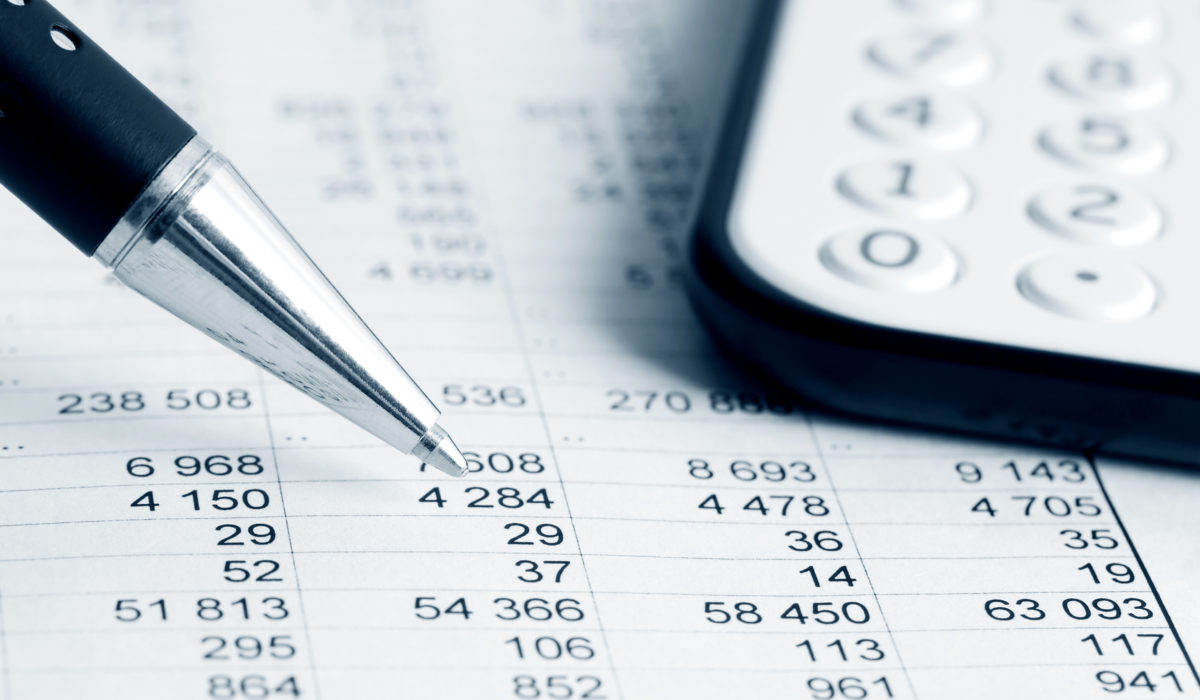Tracking your budget is a must if you want to save and not overspend. The big issue with most debt is that people are not aware of what they can afford before they purchase something (usually on a credit card). Frivolous spending is the enemy, but tracking your expenses and writing them down is a great tool to getting your finances in line.
Budgeting apps aren’t always the easiest to understand. What options does the simple minded, old school pen-and-paper lover have? If you’re interested in budgeting the old school way – stay tuned for simple tips to effective pen-and-paper budgeting.
Find your favorite note book.
Ok, so this is an important step. Find a notebook that will work for you – whether it’s a small, medium or large one, you want to feel drawn (no pun intended) to it. I can’t explain that feeling, but you’ll know when you find your perfect notebook. Something you can easily throw in your backpack, purse or briefcase. Maybe you like cream colored pages, or a no-line notebook. Whatever it is – love it. Because you’ll be spending a lot of time in it.
Know your weekly/monthly income.
This will vary from person to person. Some people get paid weekly or bi-weekly, while others get paid monthly. Know a round-about number to base all your expense off of. If you’re a freelancer or your income isn’t very consistent, it’s always better to over-budget. Don’t pretend like you’ll make more than you really will.
Organize expenses.
Know exactly what you spend money on. Examples of this would be: housing, car, insurance, utilities, food, entertainment, personal, etc.
It’s important to know what you spend money on and how often. This will help when planning out your budget. After you know what you will be spending on those different categories every week/month, write them down.
Write down what you spend every day.
Seems tedious, but this will give you a clear understanding on what you spend on a daily basis. That way, you’ll be able to flip back and see how you’ve improved, or possibly gotten worse with your spending.
Analyze and cut back.
After reviewing your budget every week/month – decide on what you need to cut back on and stick to that. Maybe you need to lower your entertainment expenses by $20 and put that toward your food expenses. Maybe you find that you have wiggle room in your personal expenses, put that towards your next months rent/mortgage.
What’s the benefit of a notebook?
You may be reading this and thinking, “so this is basically budgeting back in a notebook instead of online?” – yep. And many people prefer this route. When your phone does, your pen and paper won’t. When there’s a glitch in an app and all your records are erased, you can easily pull out your physical budget.
Take all the good ideas of budgeting – and throw it in your favorite notebook. For those old souls, holding physical pen and paper can make someone feel more in control. And when it come to your finances, control is key.

